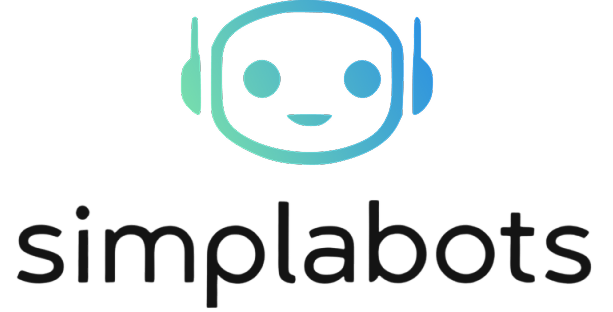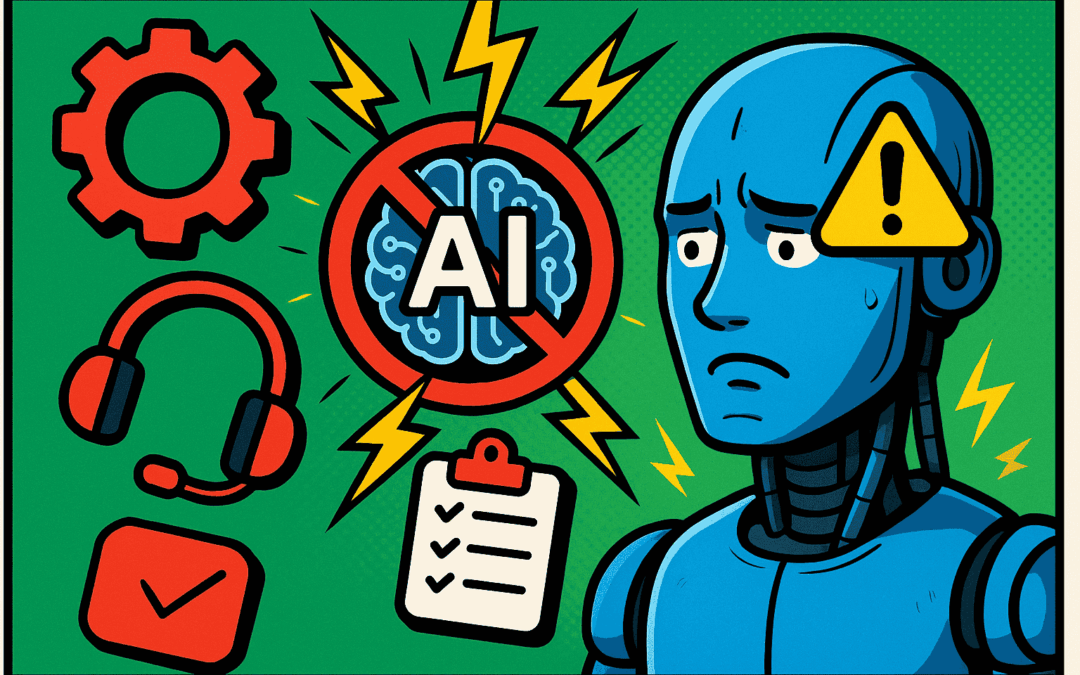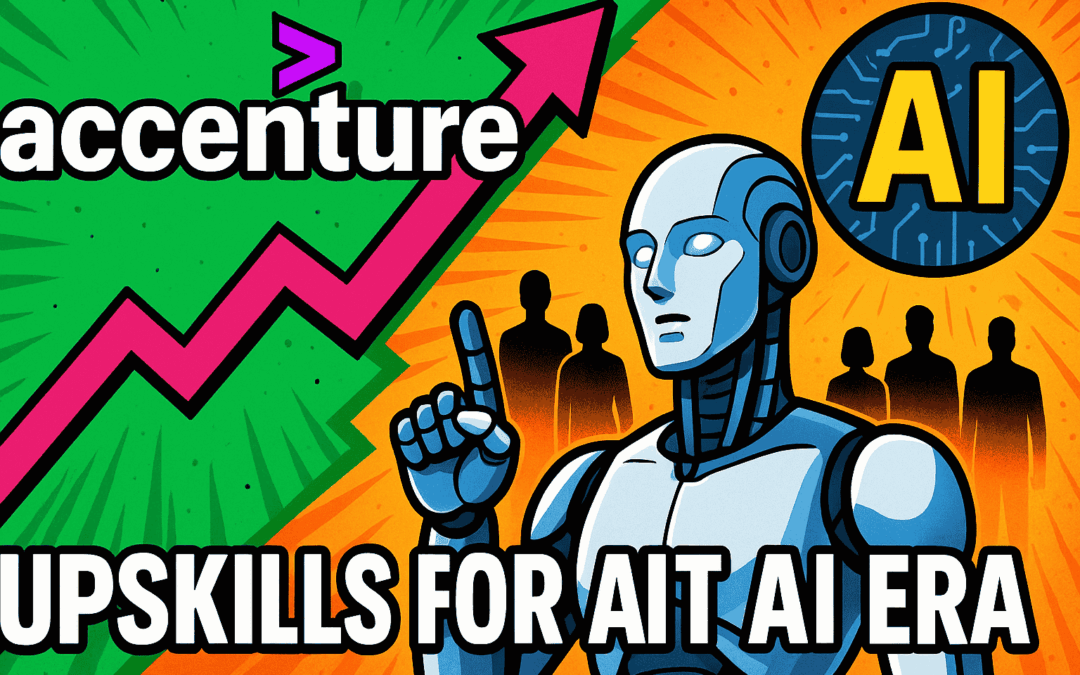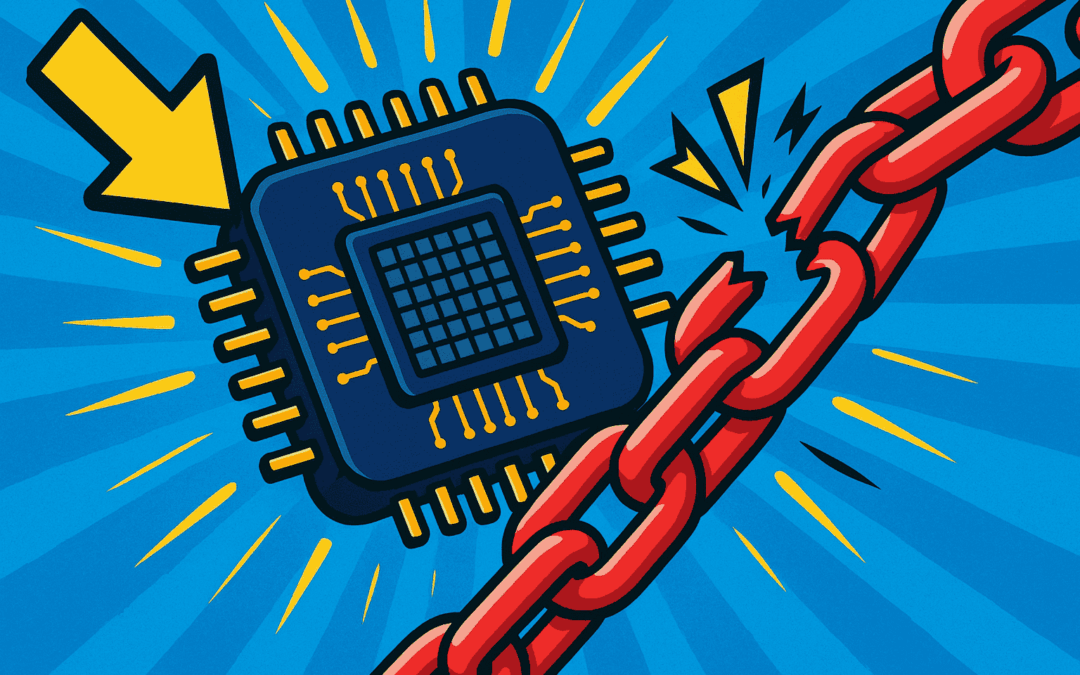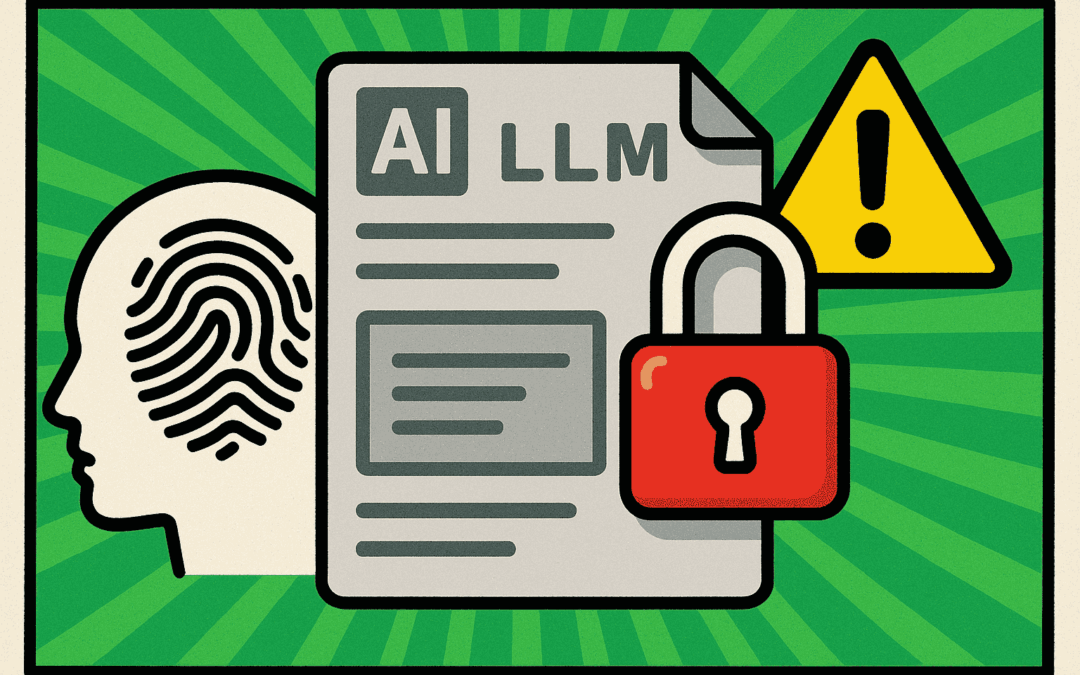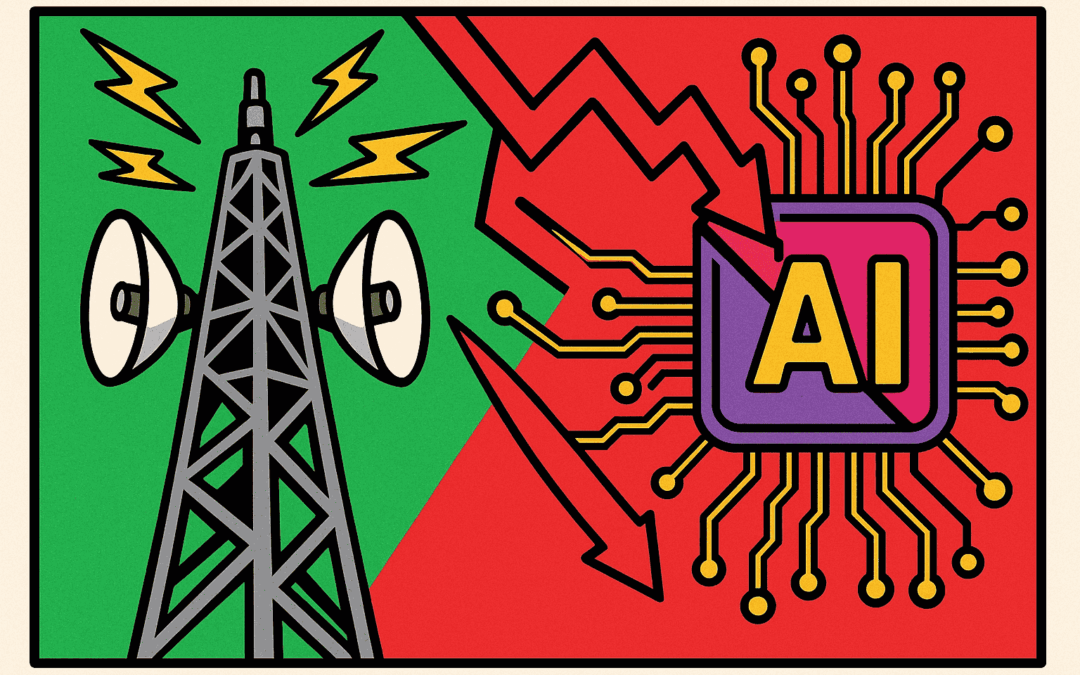AI models have increasingly demonstrated remarkable generative capabilities, but new research highlights serious privacy vulnerabilities that affect LLMs and other foundation models.
A team from ETH Zurich has developed CAMIA, an automated privacy attack tool that can extract personal and copyrighted data memorized by foundation models—even when developers apply safety filters.
As adoption of generative AI expands in enterprise, understanding these risks becomes critical for tech leaders, startups, and AI engineers seeking responsible deployment.
Key Takeaways
- Researchers at ETH Zurich introduced CAMIA, a tool that automates extraction of sensitive and copyrighted data memorized by AI foundation models.
- CAMIA can bypass both black-box and white-box defenses that limit data leaks, revealing that current model safety methods often fail.
- The privacy threat is acute for domains like medical and legal AI applications, and is relevant to all current leading LLMs and vision-language models.
- Mitigating AI data leaks will demand stronger alignment, auditing techniques, and perhaps regulatory innovation—especially as LLM use grows.
CAMIA Reveals “Unforgettable” AI Model Memory
According to Artificial Intelligence News and further corroborated by TechCrunch and VentureBeat, the research team at ETH Zurich demonstrated that current generative AI models—such as OpenAI’s GPT-4, Google’s Gemini, and Meta’s Llama 2—”memorize” substantial pieces of their training data.
Using their CAMIA tool, the team could automate the extraction of sensitive information, including names, phone numbers, emails, and even copyrighted texts or images.
CAMIA highlights that even the most advanced safety filters cannot prevent targeted data extraction from leading AI models.
How the CAMIA Attack Works
CAMIA leverages prompt engineering and advanced querying to trigger the AI model into revealing memorized content. Unlike previous manual red-teaming methods, CAMIA automates discovery of “gap” prompts—inputs that slip past safety filters but coax private or copyrighted data from the model’s memory.
According to TechCrunch, CAMIA worked on both open-source models (where code and weights are public) and closed models (accessed via APIs), suggesting that proprietary filtering and alignment alone does not guarantee privacy protection.
Implications for AI Developers and Startups
Generative AI engineers must recognize that privacy leaks can occur even in well-filtered, commercially deployed LLMs. Reliance on current safety architectures is insufficient, particularly where models train on vast quantities of personal or copyright-protected data scraped from public and private datasets.
- For startups integrating foundation models, thorough third-party privacy audits become essential before product launch—especially in regulated sectors like healthcare, finance, or law.
- AI researchers may need to invest in improved model distillation, differential privacy methods, and synthetic dataset curation to limit “unforgettable” data retention.
- Legal and compliance teams must monitor shifting regulatory guidance as authorities respond to the privacy vulnerabilities in generative AI.
CAMIA’s findings demand urgent attention from AI teams: Responsible model deployment now requires more than just safety filters and prompt-blocking.
Broader Impact: Privacy-by-Design in LLMs
The research also spotlights the urgency for a “privacy-by-design” mindset in foundation model development. Enterprises must treat AI model audits as ongoing processes, not just launch-phase prerequisites.
Collaboration is needed across the AI industry to evolve model training, establish robust data governance, and develop new standards for transparency and red-teaming.
Key sources consistently agree that unintentional data memorization is a deep-rooted challenge in large models, with no one-size-fits-all fix available yet.
Industry leaders are urged to implement privacy risk assessments and consider the integration of emerging privacy-enhancing technologies to minimize the fallout from data leaks.
The Bottom Line
CAMIA’s automated approach vividly demonstrates that even advanced generative AI models remain vulnerable to data extraction attacks.
Stakeholders across AI—developers, startups, and policymakers—must consider both technical and compliance-oriented strategies to manage this risk as LLMs proliferate in critical applications.
Source: Artificial Intelligence News & TechCrunch
